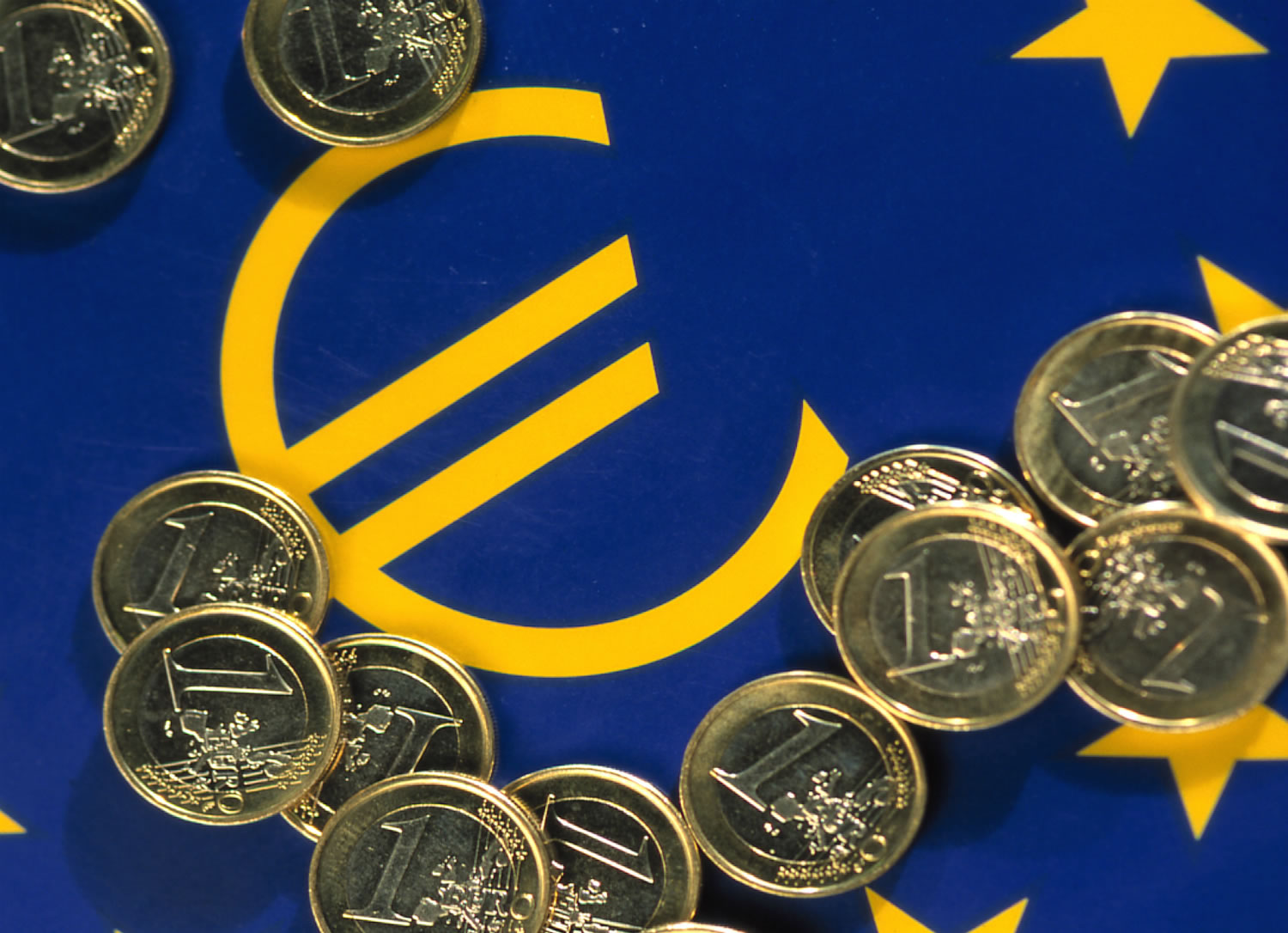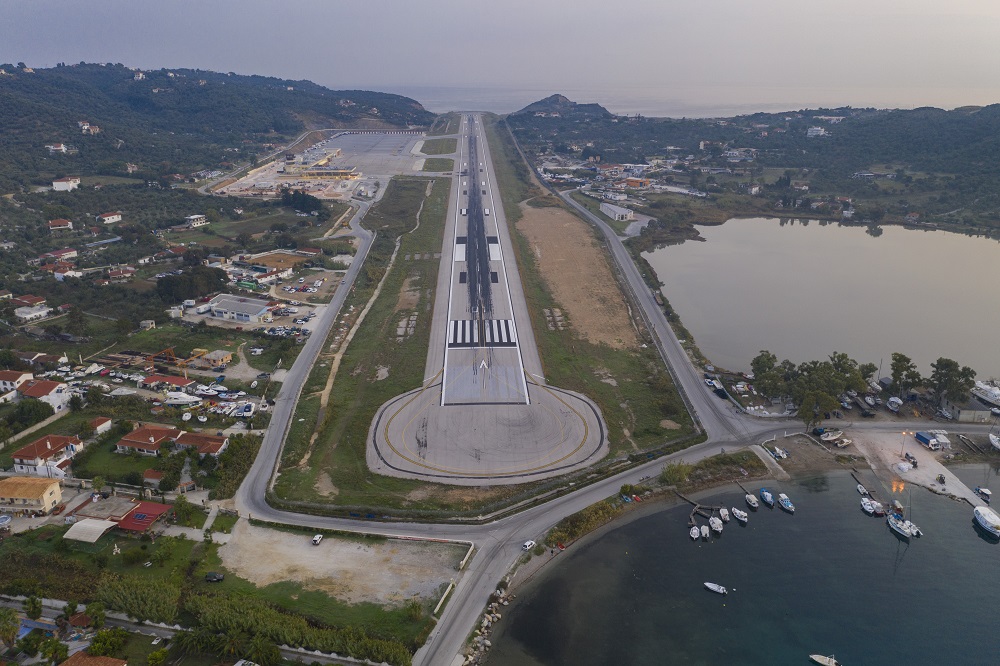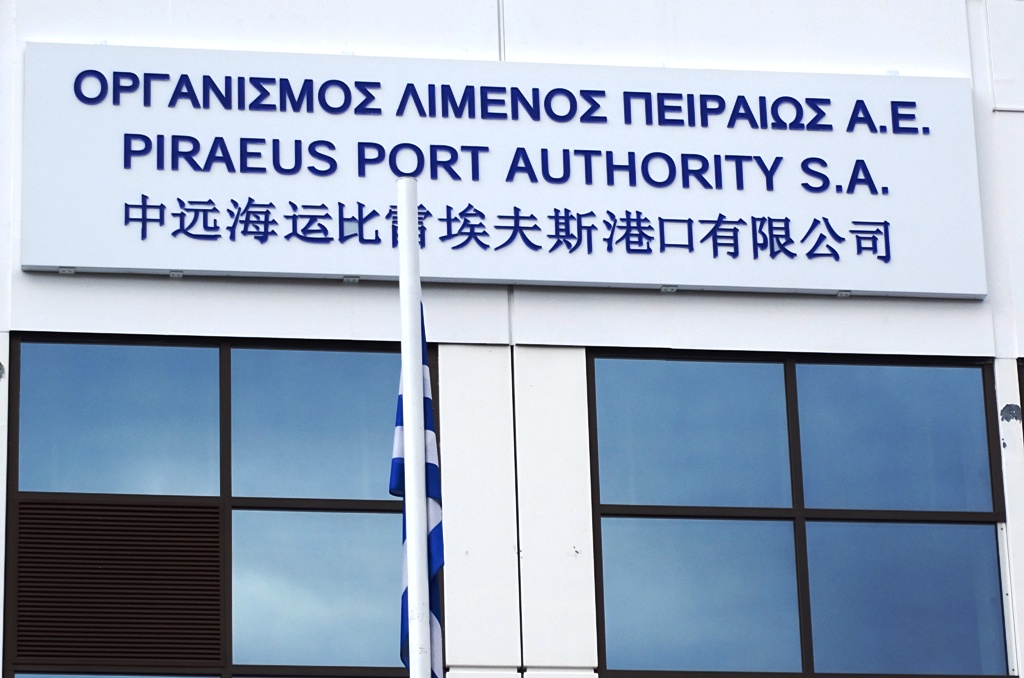The European Commission has approved, under EU State aid rules, a €300 million German scheme to support innovative projects aimed at strengthening sustainable local public transport through investment and innovation.
The scheme will contribute to the achievement of the EU’s environmental and climate goals, without unduly distorting competition.
Executive Vice-President Margrethe Vestager, in charge of competition policy, said: “With this €300 million scheme, Germany will support innovative projects that will contribute to the transition from private motorised transport to sustainable local public transport. The scheme will foster the reduction of carbon emissions through sustainable mobility and the rolling out cleaner and cheaper forms of public transport, in line with the important objectives of the European Green Deal”.
Germany notified the Commission of its plans to introduce an aid scheme to support local public transport in Germany. The scheme is expected to increase coordination of local public transport and further improve the modal split (i.e. the distribution of transport over different transport modes) in favour of local public transport.
Support under the scheme, which has an estimated budget of €300 million for the period 2020-2023, will be accessible to innovative projects aiming at favouring local public transport over other more polluting means of transport and to promote the transition from private motorised transport to more climate-friendly sustainable public transport. This is particularly important, given the increasing innovation gap and funding gap identified by Germany in this area.
The Commission assessed the measure under EU State aid rules, in particular Article 93 TFEU. Its assessment found that the measure is necessary and proportionate since the amount of aid is limited compared to the overall cost of local public transport in Germany (€24.5 billion per year). Furthermore, the maximum aid per project is set at €30 million and a recovery mechanism is foreseen in the event of non-compliance by the selected projects with the eligibility conditions following the granting of the aid.
The Commission also found that the measure has an incentive effect since the projects would not be carried out in the absence of the public support and that the scheme will contribute to the coordination of local public transport.
The Commission concluded that the scheme will contribute to the objectives of the European Green Deal, as it will reduce carbon emissions through sustainable mobility and by rolling out cleaner, cheaper and healthier forms of public transport, without unduly distorting competition.
On this basis, the Commission approved the German scheme under EU State aid rules.


















































